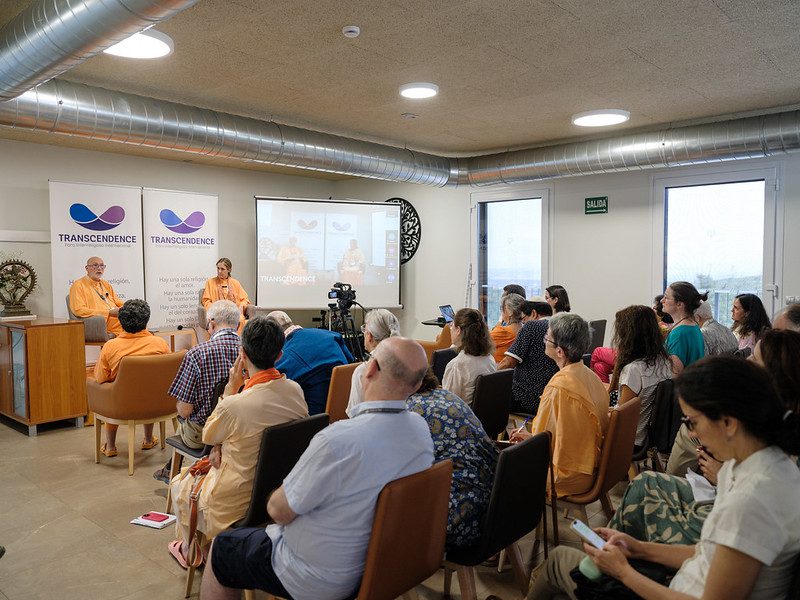Strasbourg, 16.07.2024 – The Council of Europe Access Info Group (AIG), an independent group of experts set up to monitor the implementation of the Council of Europe Convention on Access to Official Documents by its parties, has today published its first baseline assessment reports on 11 States: Bosnia and Herzegovina, Estonia, Finland, Hungary, Iceland, Lithuania, Montenegro, Norway, Republic of Moldova, Sweden and Ukraine.
The reports contain comprehensive analyses of the freedom of information laws in these states and their compliance with the Tromsø Convention. In light of its findings, the AIG makes country-specific recommendations on issues such as the exclusion of documents containing personal data or other content from the application of these laws, and limitations on the right of access to official documents.
Other recommendations concern the excessive length of appeal procedures in the event of refusal of access and the shortcomings of the procedures for deciding on access requests, for example the excessive discretion given to public authorities not to disclose the information requested or the lack of assistance to applicants.
The Convention, in force since 1 December 2020, is the first binding international legal instrument to recognise the right of everyone to have access upon request to official documents held by public authorities.
It establishes minimum obligations for its parties to guarantee the right of access to public documents, balancing the protection of the public interest in transparency with the protection of other legitimate interests, such as national security, defence and international relations.
The treaty also establishes obligations on procedures for handling requests for information and for review of refusal decisions by an independent body or a court in the event of a refusal of a request.
Reports:
* * *
The Access Info Group (AIG) is a body established by the Council of Europe Convention on Access to Official Documents (also known as the Tromsø Convention) to assess the implementation of the treaty by the parties in law and practice and to make recommendations for full compliance with its provisions. It is composed of ten independent experts in the field of access to official documents. A second monitoring body, the Consultation of the Parties, complements its work. So far, 15 states have ratified the treaty and six other countries have signed it with a view to ratification.
Originally published in The European Times.
source link eu news



















